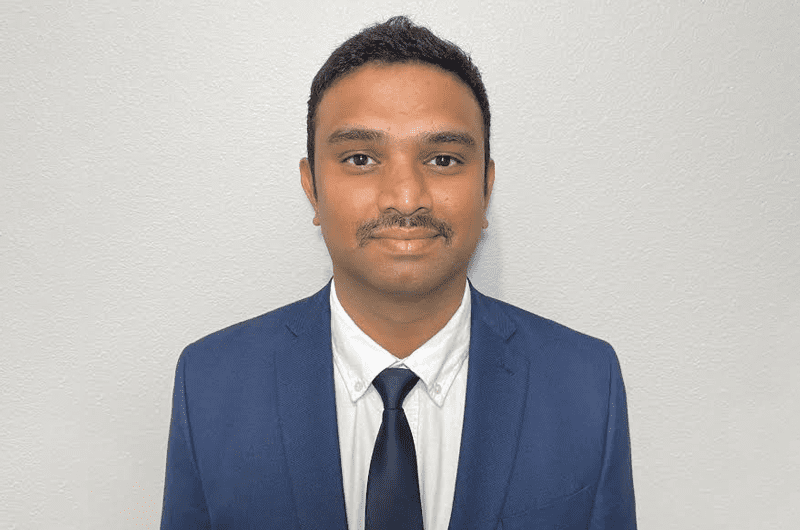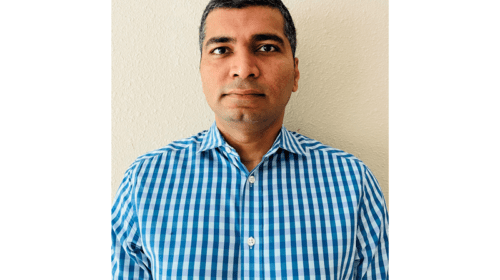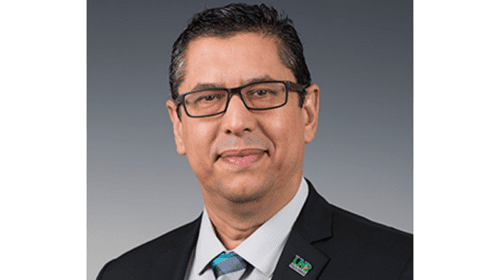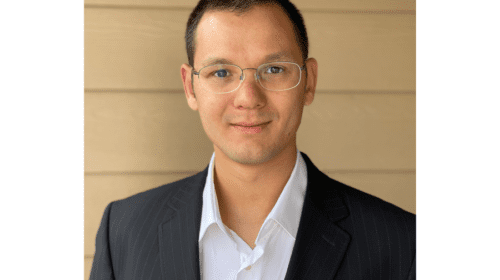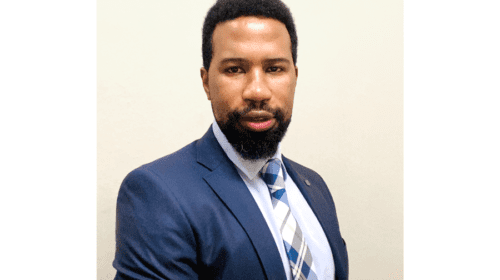Alan Alexeyev: Tell us a little bit about your current position and what you do, as well as how you found a job.
Kumar Mahalingam: I am currently working as a procurement engineer in the hydraulic fracturing department at CUDD Energy Services. I started as a field engineer in 2017. I had my bachelor’s degree in petrochemical technology and gained knowledge in oil and gas by pursuing my master’s degree in natural gas engineering from Texas A&M University – Kingsville from 2014 to 2016. I gained my research experience by working as a graduate research assistant in 2015. I acquired my field experience by working in drilling rigs in 2016 and 2017. From 2010 to 2017, I enhanced my skills in simulation software and general computer skills. I completed the post graduate program in data science and business analytics from University of Texas – Austin and enhanced my skills in data science to apply in oil and gas domain. I believe my knowledge in oil and gas, and skills in simulation software, both field and research experience, were key in finding the job.
AA: What inspired you to start a career in the oil and gas industry? How did you decide on becoming an engineer in the petroleum industry?
KM: A keen interest in chemistry during high school made me choose petrochemical technology as my major. During my senior year, I took courses in petroleum exploration and natural gas engineering. The entire process of exploring the oil and refining was interesting. During December 2013, I did my winter internship with Oil & Natural Gas Corporation of India which propelled me to start my career in the oil and gas industry. I got the opportunity to pursue my master’s in natural gas engineering in Texas A & M University – Kingsville which paved my path to start my career as an engineer in the petroleum industry.
AA: How valuable was it for you to get the university experience? Did it help you while working in the industry?
KM: Gaining university experience was really valuable. Attending in-plant training and [securing] internships during [my] undergraduate [years] gave me the practical insights learned in the coursework. After graduation, I started as a field service crew member where I was able to get training on mud mixing plants and centrifuges in drilling rigs. Software learned during my graduation helped me in the industry.
AA: How did you find yourself transitioning from the academic environment to the industry/corporate? What would you tell people who are about to begin their jobs right after college?
KM: Transitioning from academia to industry was a great learning phase. During school, it was challenging to learn new concepts and apply them in research. The industry environment was challenging in the oilfield. My suggestion to the students is to get familiar with data analytics skills and also be willing to do hands-on training in the field.
AA: The O&G industry has lots of conferences and events. Have you attended any of them? How useful are they to new people trying to break into the industry?
KM: I attended the Unconventional Resources Technology Conference (URTeC) [and] it was really helpful. I was able to get in touch with the energy professionals and learn about the recent technologies in conferences. Conferences are good for networking and learning market trends.
AA: These days, some graduates can’t find jobs. What can they do to continue advancing their careers and education beyond college days?
KM: Digitalization has been the new advancement in the oil and gas domain. During college days, it would be helpful to learn python, MATLAB and data analytics which can be applied in the petroleum industry.
AA: It seems like the downturn of the oil industry is its normal, default state. What advice would you give to current and prospective college students who have an interest in the oil and gas industry? Should they pursue the career during these constant downturns?
KM: I understand our industry is going through a rough phase. Hopefully, it will get better. Every industry has downturns. Students can get familiarized in different skills during college which will help them navigate during the downturns.
AA: What main technical skills do you think will be needed for the industry in the near term based on your experience so far?
KM: I believe learning data analytics and machine learning will be helpful in the oil and gas industry.
AA: Once you are more stable in your career, would you want to share your technical knowledge with others through various seminars/conferences?
KM: Yes. I would like to [do this]. It will be a great learning platform to enhance my knowledge in our industry as well.
AA: What would you like to learn in the near future from experienced people who are in their mid-to-late careers?
KM: I would like to learn the business aspects of our industry from experienced people.
AA: In what way would you want the oil industry to evolve in the next five, 10, 15 years?
KM: I would like our oil industry to expand and am interested to see the digitalization in oil and gas.
Alan is a graduate from the University of North Dakota with a Master's degree in Petroleum Engineering. He previously earned his BA in Mathematics from the University of Houston and a BS in Petroleum Engineering from the University of Wyoming. Alan is an active SPE member and has presented at petroleum conferences and exhibitions.
Oil and gas operations are commonly found in remote locations far from company headquarters. Now, it's possible to monitor pump operations, collate and analyze seismic data, and track employees around the world from almost anywhere. Whether employees are in the office or in the field, the internet and related applications enable a greater multidirectional flow of information – and control – than ever before.

